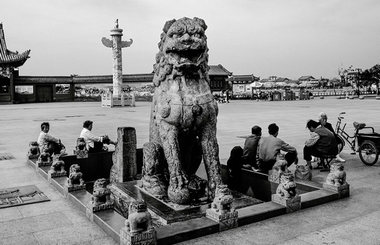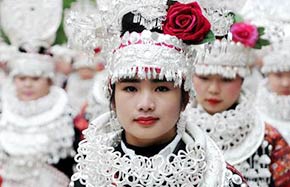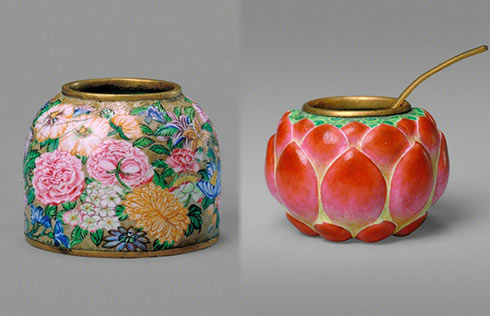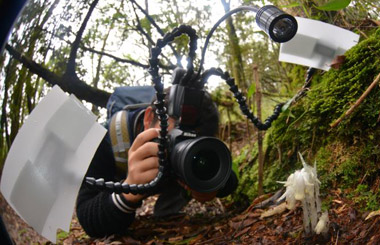Story of change
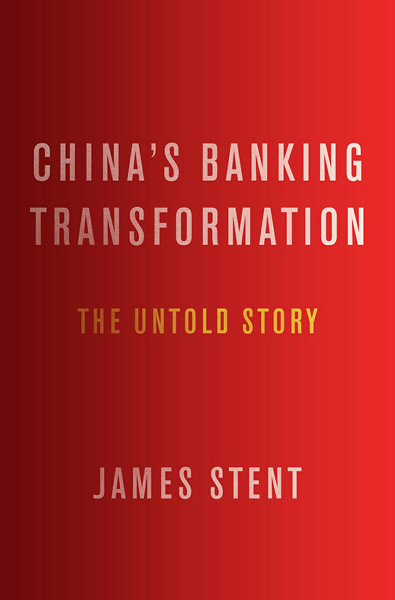 |
|
[Photo provided to China Daily] |
"It (the level of debt) is very much to do with the banking system. People are right to worry about this. The actual absolute level of debt, however, is not all that scary - the level is much higher in the US," says Stent.
The author is dismissive of those who suggest the United States can support a higher level of debt because it has a more sophisticated and advanced financial system.
"Yes, you can see that in 2008, can't you," he laughs.
"In the US we like these crashes and we are going to have many more. I am going to live to see at least one or probably two more in my lifetime. They are part of how the US works. It is our frontier culture. The Chinese don't like this and they have a very different system."
Stent, who was born in San Francisco after the end of World War II, had his first experience of China when he went to the Chinese University of Hong Kong as a foreign exchange student while doing his degree at Berkeley in the late 1960s.
"I studied Mandarin intensively there (in Hong Kong) and that changed my life and everything has proceeded from that then on," he says.
He experienced Asia again as a young officer in the Vietnam War but after graduating he started his career at Citibank in 1973, where he was soon transferred to its operations in the Far East. He then spent nearly two decades with the Bank of Asia in Bangkok, rising to the post of senior executive vice-president.
It was in 2003, when he was approached by the late Jing Shuping, the founder of China Minsheng Bank, to join the bank's board.
"He wanted someone who had worked for a foreign bank on the board. Our first meeting was a broad ranging conversation. I think he basically wanted to see whether I could carry on a conversation with him in Chinese. I guess I passed that test."
Stent served three years on the board and then joined the board of China Everbright Bank, where he also became chairman of the audit committee. His role was to help with instilling modern practices but the banker says the biggest mistake Western observers make about the Chinese banking system is saying it is somehow unreformed.
He says former Chinese premier Zhu Rongji's reforms in the 1990s led to a "night-and-day" transformation of banks in the country.
"(Before the reforms) the banks weren't commercial banks. They were cashiers dispensing money like the treasury does. The people in State-owned enterprises got the money and they never had to pay it back. It was like a grant."
He says that while some in the West think Chinese banks still operate like this, the reality is different as they have modern systems in place and often employ China's "brightest and best".
Chinese banks are now significant global players. Industrial and Commercial Bank of China, the world's biggest bank by assets, has taken a controlling stake in Standard Bank, Africa's largest bank. There have also been many linkups between Chinese and Western banks.
Stent says there is no denying that the Chinese government still has a major influence on where banks put their money but this is often for economic development purposes.
"There can be weaknesses with this but it is also a great strength because it enables the mobilization of savings under a development state model so that funds go to priority areas."








